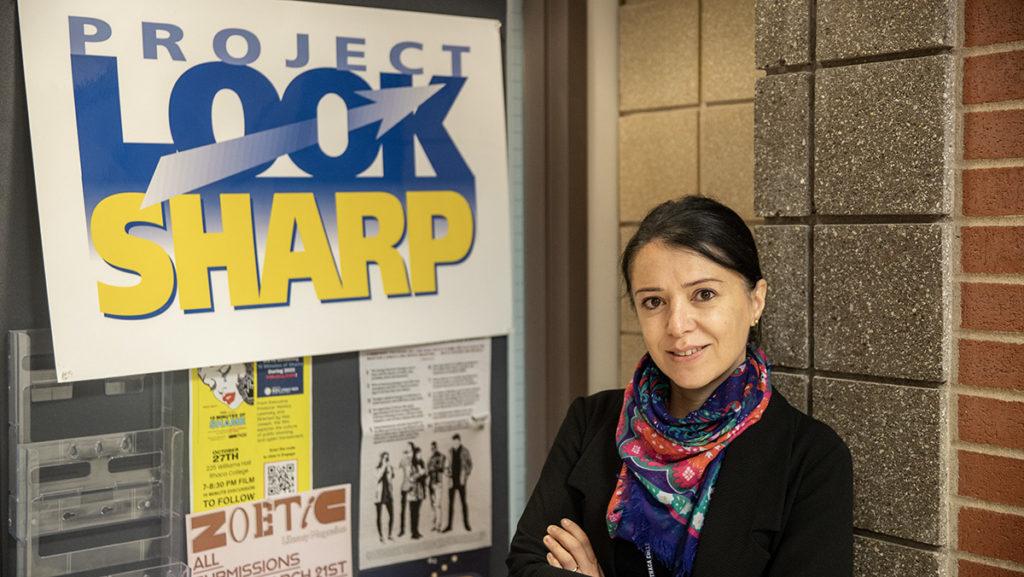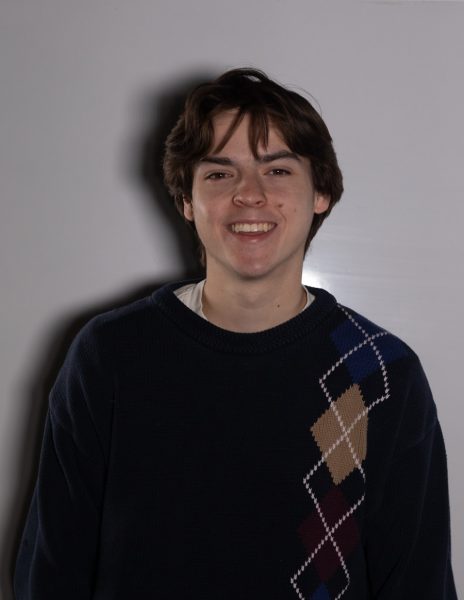On the morning of Feb. 6, Asli Sezgin, visiting postdoctoral researcher and associate professor at Cukurova University, was sitting at an airport gate at the Adana Sakirpasa Airport in Adona, Turkey. She was waiting to board a plane that would take her to Syracuse, New York, then Ithaca, where she would start her postdoctoral research with Project Look Sharp, a non-profit organization started at Ithaca College, which focuses on media literacy in education.
While waiting for the plane, a 7.8-magnitude Earthquake hit southern Turkey and Syria, causing more than 9,100 aftershocks. As of March 7, more than 52,000 people have died and the quake has caused more than 100 billion dollars in damage.
Sezgin and other passengers were rushed to board their planes after the earthquake hit as airport officials tried to get people out of Turkey to safer countries. While no damage was confirmed, the airport did have to cease operations for a couple days.
“Those were [the] worst moments of my life,” Sezgin said.”You can’t reach your family, you can’t [check] your phone. … I left behind a huge family and friends who stayed in the earthquake zone. In the first days I came [to Ithaca], I was only interested in hearing from my family and my friends and my loved ones.”
Cyndy Scheibe, executive director and founder of Project Look Sharp, said she saw the news of the earthquake when she woke up and contacted Chris Sperry, director of Curriculum and Staff Development, to see if the earthquake hit the area where Sezgin was from.
Project Look Sharp was founded in 1996 by Scheibe and Sperry. The project originally focused on providing media literacy education to institutions in upstate New York. Since then, Project Look Sharp’s influence has expanded to more than 160 countries and the organization provides over 500 lessons on media literacy throughout different levels of education.
Sperry said the first time he met Sezgin was in Turkey in 2019, when Project Look Sharp was brought by the U.S. State Department to implement media literacy into the curriculum. Sperry and Sezgin stayed in contact and Sezgin later received a grant to bring Sperry as a U.S. expert on media literacy to Turkey again but had to do the project virtually because of the COVID-19 pandemic.
“[Sezgin] was very moved by Project Look Sharp’s approach to media literacy integration and thought it had great implications for Turkey,” Sperry said. “[She] wrote a fellowship proposal that got accepted for her to study with us to develop a plan to bring this approach developed by Project Look Sharp to Turkey.”
Sperry said Sezgin was originally supposed to stay in the Terraces residence hall but because of Sezgin’s circumstances, he offered to let her stay in his home.
“My wife is a therapist and we were able to spend a few days with her on what her needs were; just to be able to sleep, to eat, to have as much access to information as she could,” Sperry said. “Pretty quickly she decided she wanted to get moving with her life and her scholarship and her work and moved [on campus].”
Sezgin said the project she and Sperry worked on during the pandemic lasted nine months and the goal was to determine the status of the media literacy level in Turkey. Sezgin said the conclusion of the project was that Turkey needed a higher amount of media literacy education, especially in rural areas.
“I wanted to take advantage of Project Look Sharp’s years of experience for an even more in-depth analysis in my postdoctoral work,” Sezgin said. “Here I participate in studies with [Project Look Sharp] and I make observations and attend classes. I have a chance to closely follow important studies on media literacy in the USA by [doing this].”
Sezgin said she wants to see media literacy be integrated at every level of education in Turkey, not just in post-secondary education. She also said she wants to create a model based on teachings in the U.S. that take social characteristics and culture into account. Sezgin also said she is working with Project Look Sharp’s effort to provide media literacy training to librarians in K-12 education. In September 2021, the organization received a $270,000 grant from the Booth-Ferris Foundation, a foundation that provides grants to charitable non-profit organizations, in order to integrate the training in schools across New York State.
“This is a very important example of media literacy education that has been put into practice [and] I think that similar examples are needed in Turkey,” Sezgin said.
Scheibe said Sezgin brings a new, international perspective to Project Look Sharp’s goal of integrating media literacy in education and is contributing to the project’s goal of spreading the implementation of media literacy around the world.
“[Sezgin] brings this model of what can happen in terms of growing media literacy,” Scheibe said. “If she could develop a model that could work in Turkey, it might be something that we can tinker with and find people to work with in other [countries].
Sezgin also said the college’s International Student and Scholar Services in the Office of International Programs helped her greatly when she arrived in Ithaca.
Junior Birsen Gürkaynak is an international student from Cyprus, a country 40 miles south of Turkey, who works as an office assistant in International Student and Scholar Services.
Gürkaynak said she was able to communicate with Sezgin in Turkish, which helped her adapt to her new surroundings. Gürkaynak also said she showed Sezgin different stores in Ithaca so it would be easier for Sezgin to get acquainted with her new surroundings.
“It was really important for us to assist her with every step,” Gürkaynak said. “[I was like], ‘Oh let’s go to Panera [Bread], they have really great bread and soup. I showed her they have the Mediterranean bowl, which is very close to [our] home food.
Gürkaynak said that while her home was not damaged by the earthquakes, the aftershocks still affect her family.
“[About] a week ago I was on the phone with my mother and then boom, no service whatsoever,” Gürkaynak said. “I couldn’t reach her and then she was like, ‘An earthquake happened.’”
Gürkaynak said the services offered to international students and scholars are great and it feels like a family.
“In general, I feel like it’s really easy to feel accepted here,” Gürkaynak said. “We always try to be accessible and we even have an international student [group chat] and it’s really nice because [international students] can be silly but at the same time ask harder questions. I feel like the system we have is really great right now.”
Sezgin said she is very thankful for the support and awareness the college has given to the people of Turkey during their time of crisis.
“I read an [email] sent by the president of the college [rallying support] to Turkey [and it] was very special for me,” Sezgin said. “[I am grateful] to all the sensitive people at the college.”









